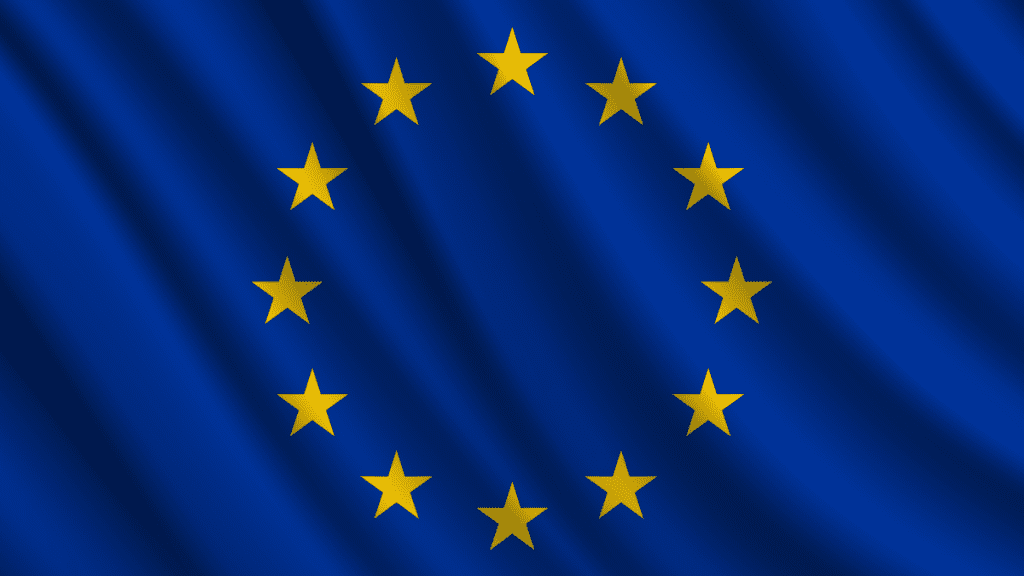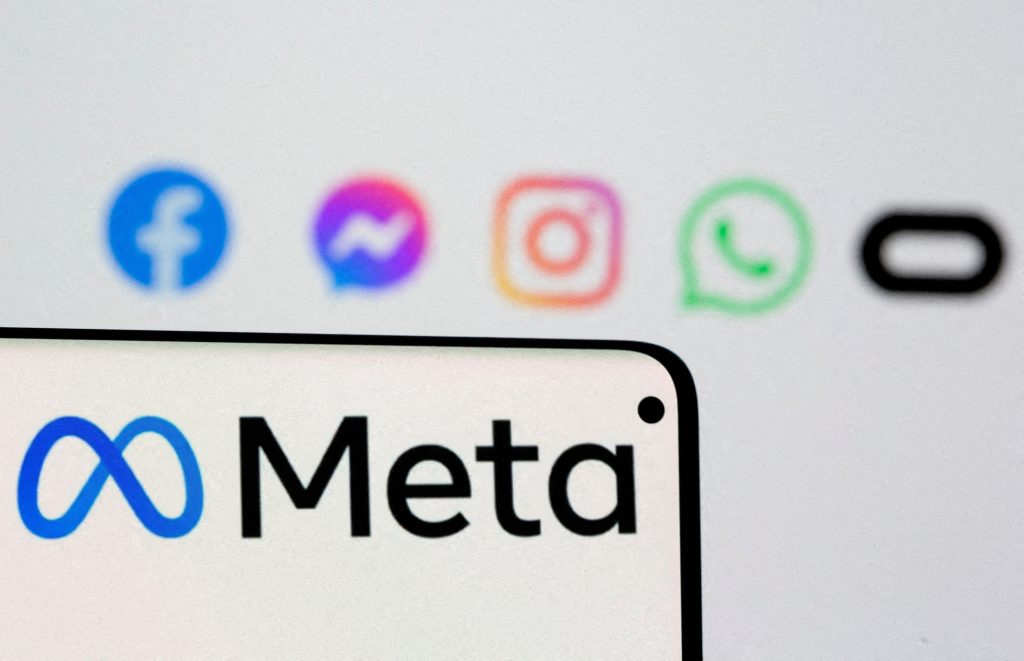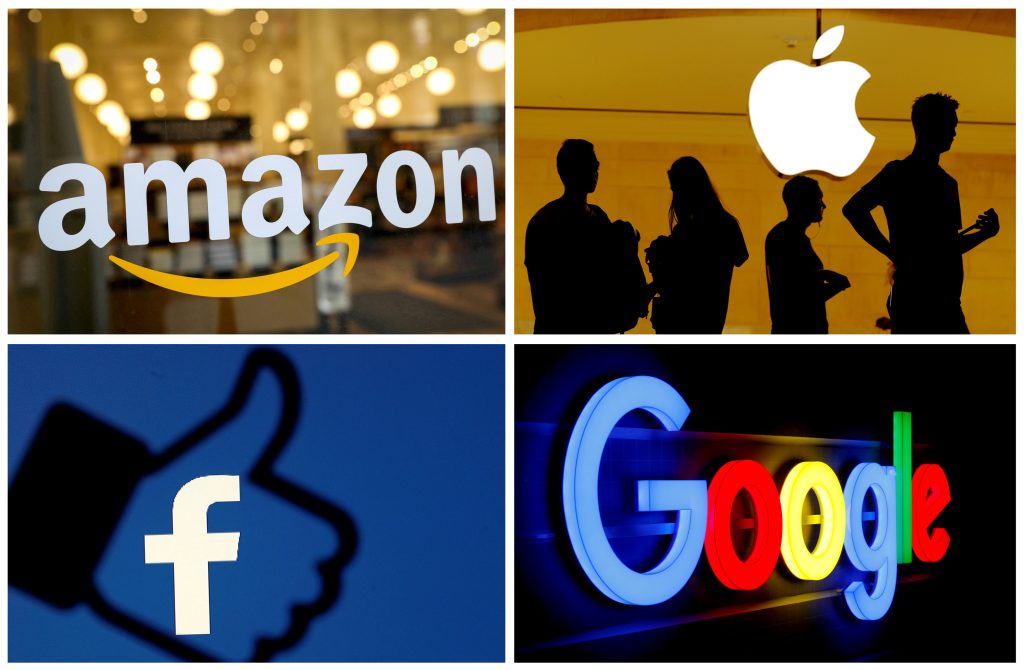
On Tuesday, September 6, the European Union (EU) dropped a bombshell on Big Tech, christening six major companies as “gatekeepers” under its Digital Markets Act, also known as the EU DMA.
So, as you may know by now, the EU is taking some serious action to keep our giants in check through this tag of Big Tech as ‘gatekeepers’ under their recent DMA.
So, let’s break down what the news is, and most importantly, what it means for our giants.
Consider the EU Act as a rulebook that stipulates certain quantitative criteria for companies like Apple, Microsoft, Alphabet (Google), Meta Platforms (Facebook), Amazon, and China’s ByteDance. To be precise, they must meet the following requirements:
- an annual turnover of at least €7.5 billion in the EU’s market;
- a market capitalization of at least €75 billion,
- garner more than 45 million monthly users and 10,000 yearly business users across the EU territory.

The EU’s competition policies are the first of their kind for the 21st Century since the ushering of the new digital world, with one goal and one goal only: taming the manifesting influence of a small club of tech corporations that have gotten remarkably powerful in the last decade.
A power that is leaving small to medium sized enterprises, as well as everyday users, feeling a little bit left out.
So, the companies that has the ‘honor’ of making the golden list are the talk of the town now because the European Commission believes it’s time to set some ground rules. We won’t call it putting a leash on their excessive power, but that’s kind of what it means.
The Commission’s aim is to ensure everyone has equal choices and to give competitors a fair shot at the game. But with new rules, come new limitations. So, here’s what Big Tech cannot do anymore in EU countries.
No more playing favorites with their own products and services, no more unfair advantage offerings, they must allow users to easily ditch applications that come pre-installed on their devices and give them the option of installing alternatives if they choose to. Basically, giving the freedom-of-choice back to the public.
Now to the data talk.
So, we all know about all the data these tech giants are collecting from their platforms, right? Their data mining that simultaneously happens when you’re scrolling through Meta’s Facebook and Instagram, and ByteDance’s TikTok, to help them better target their ads.
Well, yes, now they don’t have as much freedom to do that anymore. The option of smashing users’ data together to create more targeted ads without users’ clear thumps-up is no longer an option. I’m talking about your data, mine, his, hers, theirs, etc. You get what I mean.
Let’s zoom in on the services that are front and center in this game-changing regulation. We’re talking about the heavy hitters in the digital world – Google’s Android, Search, Chrome, Maps, Play, Shopping, Ads, and YouTube; Amazon’s Marketplace and Ads; Apple’s App Store, Safari, and iOS; ByteDance’s TikTok; Meta’s Facebook, Instagram, WhatsApp, Messenger, Marketplace, and Ads; and Microsoft’s LinkedIn and Windows PC OS. But here’s the twist: this list is just the starting point.

It’s like a dynamic menu that can change over time. The European Commission can add or subtract companies and services as they see fit, so it’s basically a watch-this-space situation.
When will this be put into action, you ask?
The EU’s DMA rules are rolling out in six months. During that time, though, our influential gatekeepers will be obliged to inform the Commission of their plans to play by the new rulebook.
Assuming they won’t comply, then all six giants will face some serious fines that will mark up to 10% of their global turnover, and in some cases, they may have to sell off part of their business.
The EU’s DMA doesn’t just apply to Big Tech companies.
The EU is also keeping a close eye on the companies’ services, such as Google Search, Amazon Marketplace, Apple’s App Store, TikTok, and others. And this be could just a starting point before expanding their horizons to something much bigger. And that’s not all. The Commission is also considering the possibility of adding Microsoft’s Bing, Edge, and Advertising, as well as the big Apple’s iMessage under the scrutinizing gaze of their rules.
But it’s not all doom and gloom for all six companies, some services managed to dodge the rules’ bullets. Google’s Gmail and Microsoft’s Outlook got a free pass. The credit to that achievement? Their parent companies’ solid arguments. Elon Musk’s recently branded Twitter platform, X, and South Korean conglomerate Samsung also managed to circumvent the gatekeeper status.
As for changing the playing field, there’s no use denying that the European Commission’s latest rulebook is a game-changer for the tech industry’s European presence. What the rules did was simply set some ground rules for the players to adhere to. Plain simple.
I mean, what’s the alternative approach? Waiting for some issues to emerge to scene, and then playing catch-up to balance the playfield? Doesn’t sound very effective. For that reason, the European Commission is going all in, not holding back, and it’s pretty evident in the way its centralizing enforcement with a dedicated unit of experts, data masters and policy specialists.
My final note for this piece is that, presently, these rules are only applicable in EU countries, but the goal is to set a global tone for other countries as they also have expressed their concern on the magnitude of the Big Tech influence on markets.
A change is on the horizon for our giants. Will they succumb? Or will they fight back?
Inside Telecom provides you with an extensive list of content covering all aspects of the tech industry. Keep an eye on our Tech sections to stay informed and up-to-date with our daily articles.